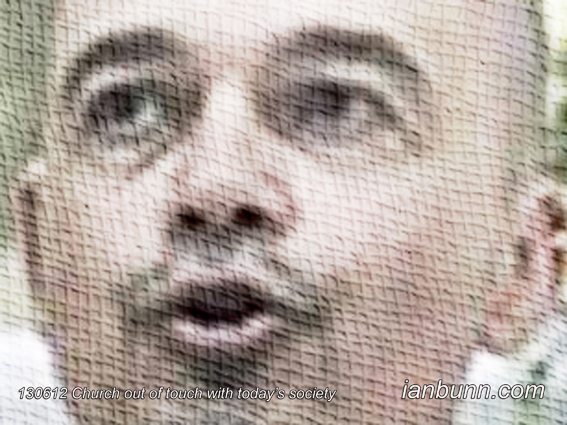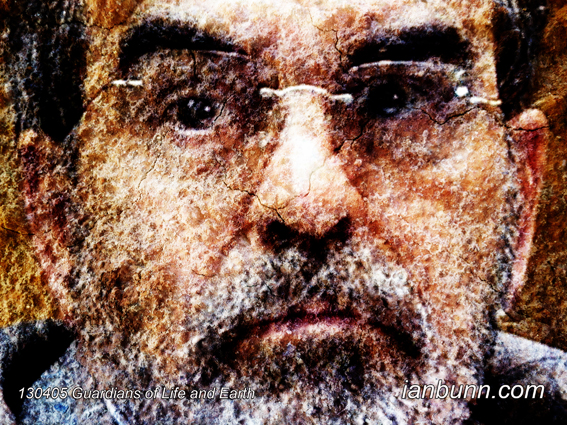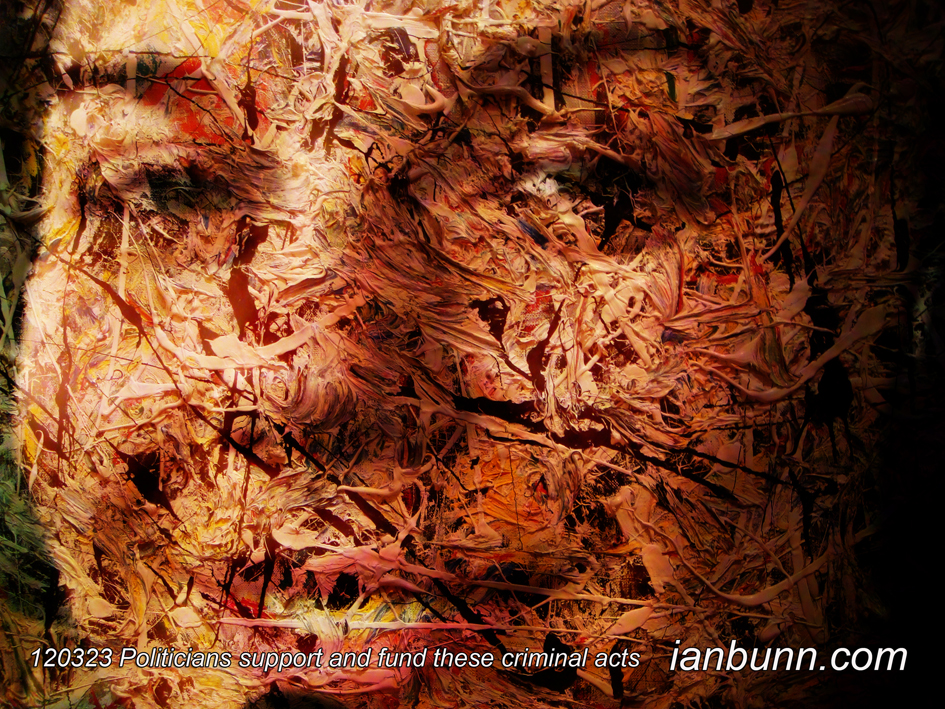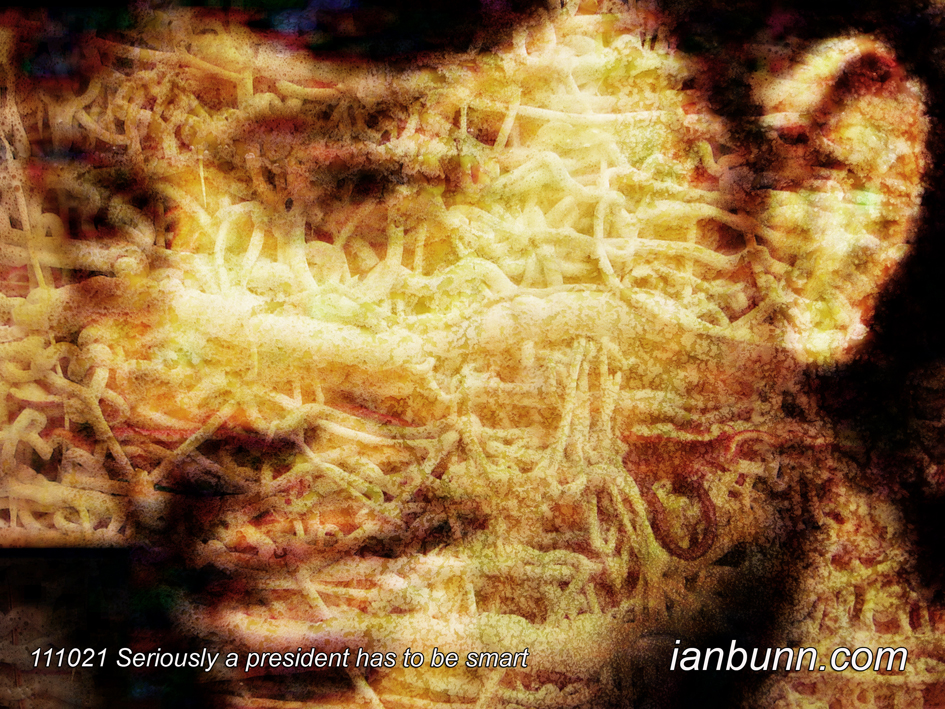 Church out of touch with today’s society (June 12 2013)
Church out of touch with today’s society (June 12 2013)
Roberto Francisco Daniel the 47 year old Brazilian Catholic priest has been accused of “heresy” and “schism” by the church hierarchy and excommunicated according to an article title ‘Excommunicated Brazilian priest slams ‘out of touch’ Roman Catholic Church’ published in The Free Thinker magazine by Barry Duke. Duke states “…with unseemly haste, the Roman Catholic Church this week rid itself of a Brazilian priest for, among other things, supporting gay rights. …the rogue Brazilian, Father Roberto Francisco Daniel – known to local parishioners as Padre Beto – was excommunicated before he had the chance to announce his planned resignation from an organisation he described as: A lukewarm and disengaged church that is out of touch with today’s society. In a statement released … the priest’s diocese said Daniel had: In the name of ‘freedom of expression’ betrayed the promise of fealty to the Church. It alleged that Daniel had: Injured the Church with grave statements counter to the dogma of Catholic faith and morality. His actions amounted to ‘heresy and schism’, the statement said. The rare punishment follows what Daniel’s bishop and the priest himself said were repeated rebukes he received over the videos he had made and other public activities, such as a radio broadcast and local newspaper column, in which he challenged Church doctrine. …On Facebook and Twitter, Daniel posted a brief statement about the excommunication: I feel honored to belong to the long list of people who have been murdered and burned alive for thinking and searching for knowledge. Daniel’s excommunication, which prompted headlines across Brazil and protests in social media, illustrates the rising influence of more moderate social views in Brazil, Latin America’s biggest country, and much of the rest of the region. Progressive stances on sexuality, birth control, scientific research and other delicate topics for the Church are increasingly common in Latin America, home to 42 percent of the world’s Catholics, more than any other region worldwide.”
Inspired by Barry Duke, The Freethinker ow.ly/laBPN Image source Freethinker ow.ly/laBP5
![Tiago Maranhao Alves the Brazilian a physical engineer and CEO of CSEM Brasil an innovations-based company is the subject of an article published by Alice Marcondes on the IPS News Service titled ‘Brazilian-Made Plastic Solar Panels, a Clean Energy Breakthrough’ which states “[Maranhao Alves] While the capacity for power generation is almost the same, its small size means that it can be given uses that are almost impossible for silicon panels”. What looks like a thin, flexible sheet of regular plastic is actually a solar panel printed with photovoltaic cells, which convert sunlight into electricity. This new material, totally unlike the heavy and costly silicon-based panels commonly used to generate solar power today, was created by scientists at CSEM Brasil, a research institute based in the southeast Brazilian state of Minas Gerais. Made by incorporating organic photovoltaic cells into common polymers, the new panels resemble transparent sheets of plastic with stripes where they have been printed with carbon-based organic polymers. …The lightweight, flexible new material can be used to power the electrical components of automobiles and in electronic devices like mobile phones and wireless computer keyboards and mice. But the Brazilian researchers are concentrating on the production of solar panels, which can be used to cover relatively large areas, like windows. “A panel with a surface area of two or three square metres could be sufficient to generate the energy needed in a house lived in by a family of four. Because of its good cost-benefit ratio, it could also be an option for bringing energy to remote areas without electric power service.” …The plastic can also be used to cover buildings and venues like airports and sports stadiums, avoiding the need to set aside an area for the installation of conventional solar panels. …”We are now going to study the best way to scale up the product.” Inspired by Alice Marcondes, IPS News Service ow.ly/jArfG Image source LinkedIn ow.ly/jAreE](http://www.ianbunn.com/wp-content/uploads/2013/04/130418dcU60.jpg)




